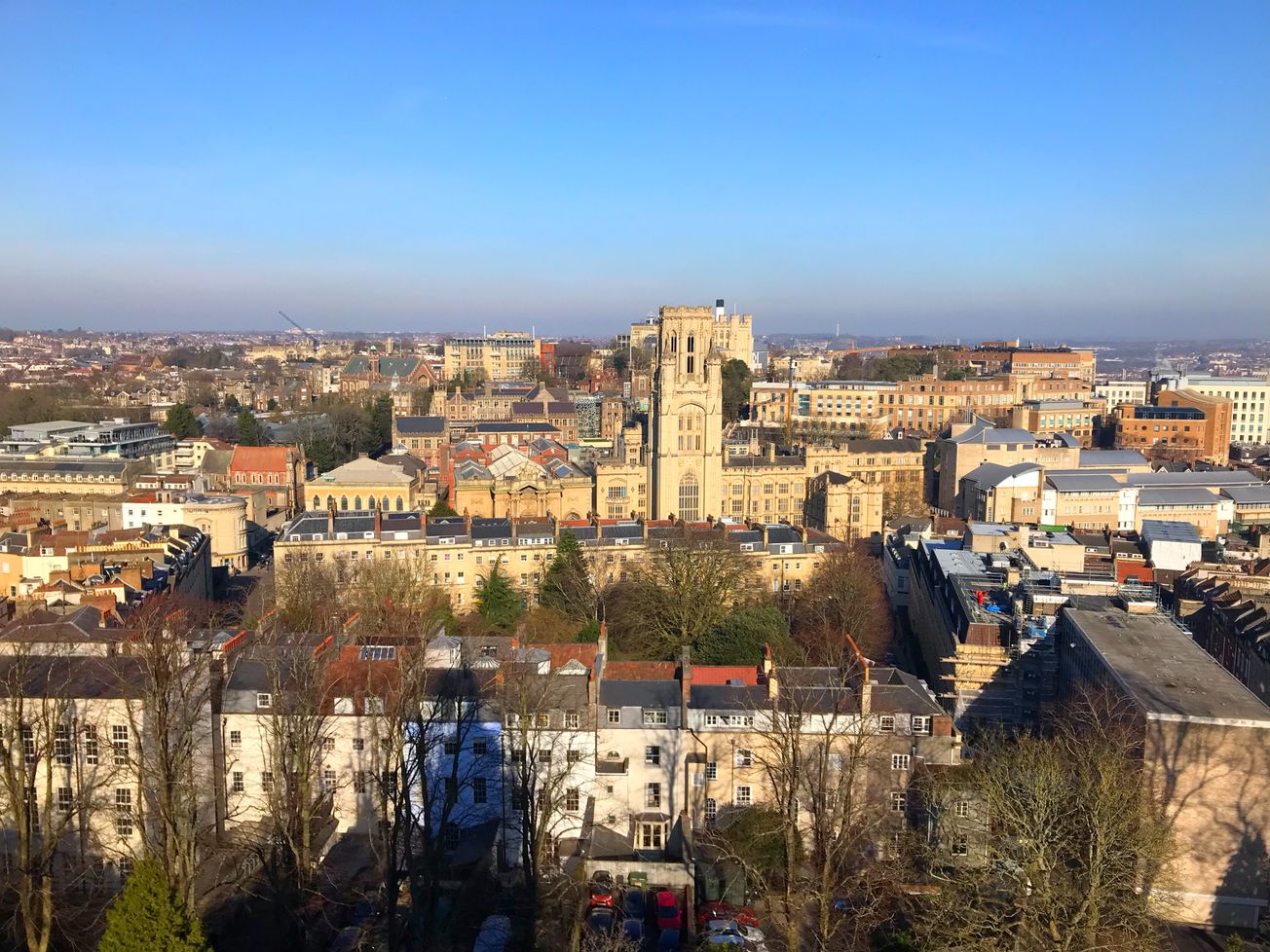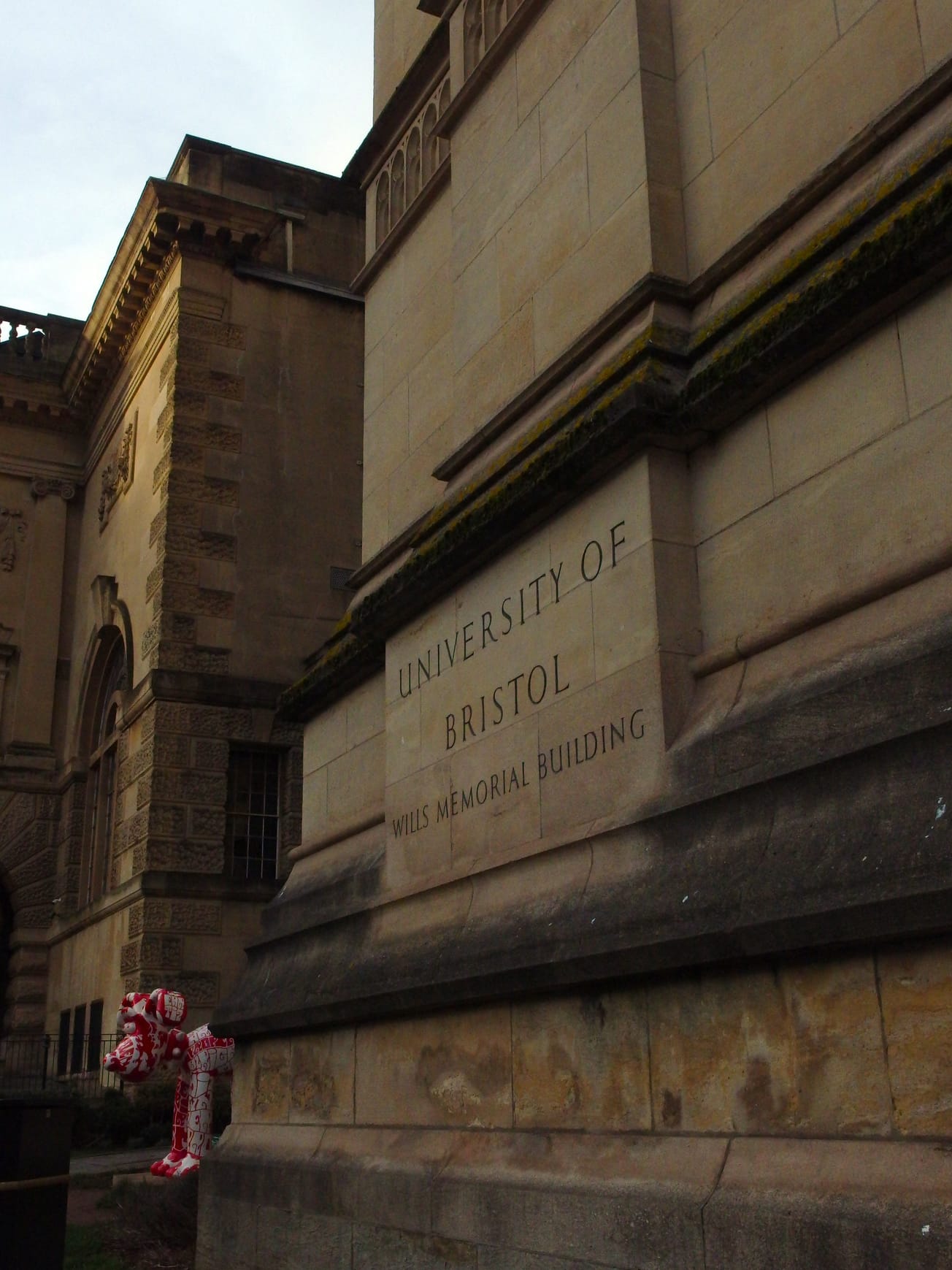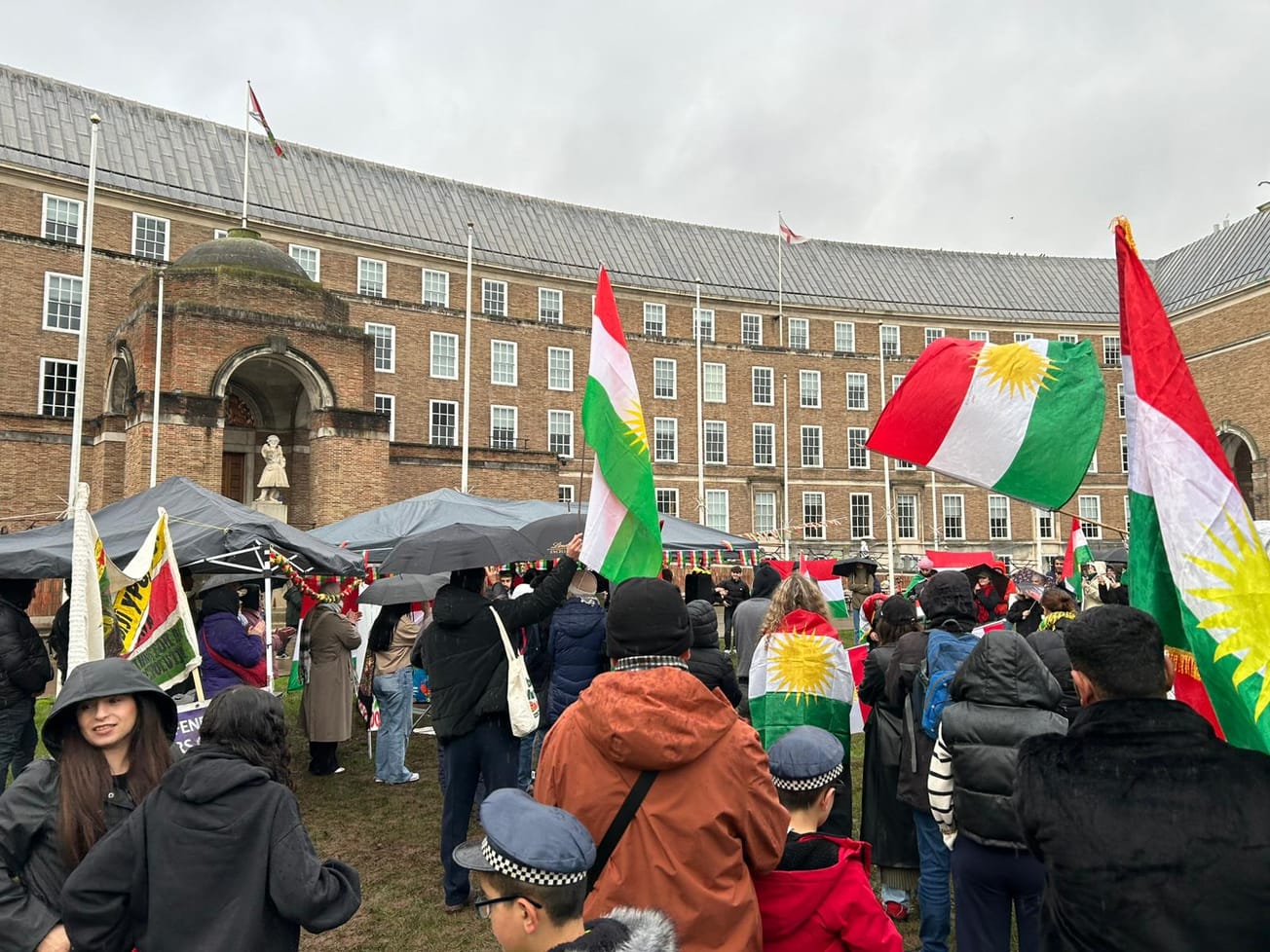By Maddy Russell, Second Year Politics & International Relations
The University of Bristol has been revealed to be amongst the worst universities in the UK for its imbalance between rich and poor students, new data has shown.
Figures released by the Office for Students has ranked Bristol amongst five other universities with the largest disparity between students from the most privileged and most disadvantage regions.
Statistics from the academic year for 2017/18, suggest that just 4.6 per cent of undergraduates at Bristol came from areas that had less than 20 per cent of students going on to higher education.
Comparatively, 59.6 per cent of Bristol students are believed to come from privileged areas within the UK; understood as those in which the highest number of school leavers go on to undertake higher education. These figures compare to an average of 30.3 per cent across all English universities.
Universities urged to review ‘unacceptable’ admissions practices. Educ Sec wants OfS to look at ways to improve current practices, incl. greater access & participation for students from underrepresented groups & disadvantaged backgrounds. https://t.co/aHLhIW3KH2. @Future_Quest_
— Emma Tate (@Emma1Tate) 5 April 2019
In a statement made to Epigram in response to the report, Hillary Gyebi-Ababio, Chair of the Widening Participation Network said: ‘Unfortunately, this finding is a significant issue the university has failed to address sufficiently in the past few years.
‘Students from non-privileged backgrounds are finding themselves increasingly unable to access universities like the University of Bristol because they do not feel sufficiently represented, supported and empowered by these institutions.’
The report ranked Bristol alongside Oxford, Cambridge, Imperial College and University College London as institutions having the highest disparity between advantaged and disadvantaged students.
Nasra Ayub, Undergraduate Education officer said: ‘The lack of access to Universities like Bristol University is due to the culture that exists within the institution – a culture that isn’t made for disadvantaged students to thrive.’
“The gap between advantaged and disadvantaged students at ‘top’ universities has increased – here’s why” https://t.co/3HEJUMfK0E pic.twitter.com/0A8UvAsrdB
— Int Education Today (@IntEdToday) 10 April 2019
Data also showed that Bristol has a higher proportion of white undergraduates than other universities. 83.9 per cent of Bristol students are classed as being white compared to an average of 68.9 per cent across other English universities.
This follows a report by Epigram in February, that black students are 20 per cent less likely to receive an offer from Bristol than their white peers.
Ayub restated the SU’s commitment to supporting students from disadvantaged backgrounds, saying that: ‘Outreach work needs to increase and support for students when they get into University needs to be better.
What that support looks like needs to be shaped by students who come from backgrounds where University isn’t always a prospect.’
A University of Bristol spokesperson said: “We are firmly committed to making our University a socially diverse and inclusive community. While we appreciate that there is still significant work to be done, the University is making real progress and we’re beginning to see our new measures make an impact.
“In the last five years there has been a 90 per cent increase in the University’s intake from students attending the lowest performing schools, state school intake increased to 67 per cent in 2018 and our flagship two-grade lower contextual offer is having a transformative impact on the social diversity of our student community.
“We recognise the need to attract and admit a greater number of students from the most disadvantaged regions and have extended our contextual offer to include those who apply from neighbourhoods with the lowest progression rates to higher education.
“We remain committed to developing innovative solutions and are very proud of our pioneering Bristol Scholars scheme. 76 students from the city, who have suffered significant levels of educational or domestic disadvantage, have entered the University since this innovative programme began in 2017.”
Featured image: Epigram / Imogen Horton
What do you think about Bristol's imbalanced intake? Let us know below!









